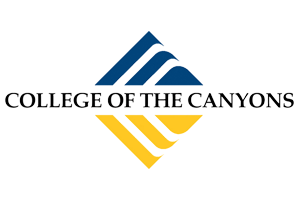You’re on campus and the semester has begun—there’s nothing like the electric feel of the start of a school year. You are equipped and motivated to take on your schedule and an extracurricular activity or two (or more)! Maybe you already joined a club last year, or maybe you are ready to take a look at the list of existing organizations and find something that could be a good fit.
Or maybe the student groups active at the moment don’t have what you were hoping for. You want to meet the other students on the spectrum you know must be around campus somewhere–students who get it. If you’ve ever considered starting a autism-related college student group, read on!
Consider—what would be the ideal club for you? And how can you make that work in practical terms? Many colleges and universities across the country have spectrum-related, student-led organizations in place, and their activities vary from community service to autism awareness events to providing a support group. Or they strive for all three: Johnson County Community College students have made a group called the “Autism Spectrum Support Club,” which self-describes as follows:
The goal of the club is for all members to learn from one another, experience social activities, and develop friendships. The group includes both activities on campus and activities in the surrounding community.
Sounds pretty cool.
If you’ve been to other club meetings on campus in the past, great; if not, that’s okay. You get to shape this new club as you wish. If you know another student who you can bounce ideas off of, that could be helpful, too. Another option is to form your club as part of a nationwide network of spectrum-focused student groups like Autism Speaks U and the Autism Science Foundation, which would involve taking certain steps to receive approval from those organizations. The keys to starting your organization will be motivation, a specific focus, and patience with the logistics necessary to getting it running!
It’s a good idea to allow flexibility for your club as it develops–to allow its members to determine some of its shape. It’s also a good idea to open your club to both autistic students and allies. Exclusivity can defeat the purpose of spreading a positive presence on campus. Indiana University’s “Students on the Spectrum” club is open to “topics and activities of [its members’] choosing and interest such as becoming an effective self-advocate, dealing with anxiety, communication and social skills, and exploring supports and activities on campus and in the community.” Your meetings can be as topic-dependent and activity-driven as you want. But again, one key to building a stable club will be to have a specific proposed focus. This will allow other students and the office of student organizations (which will have to approve your club) to get a clear idea of what your organization’s purpose is.
You’ll need to locate the instructions for starting a student organization at your college. You should be able to find these online or by walking into the office that manages groups on your campus. Steps vary by college, but typical ingredients for a new club include:
a faculty advisor to sign off on it, who will have varying levels of involvement according to what you want
a written mission, which can state your broad purpose and some ideas you have for club activities
a name
a list of interested students who could potentially be members. Some colleges can even offer you funding for meeting supplies, from snacks to advertising material. Look into that!
Starting a new spectrum-based club is a worthy goal, and will hopefully leave a legacy for future students on the spectrum at your school. As much as you can, share the burden of planning by turning to others for idea-confirmation, recruitment, examples, and other delegation efforts. Student clubs are community-building in themselves, so it makes sense that beginning one should be a shared task! On that note, look below for some student group examples at other colleges. Once you establish yours, be sure to come back and leave a comment below with a link to the club’s page to add to the spread of resources!
Examples of Clubs:
https://www.dreamcollegedisability.org/campus-clubs-and-organizations.html
Database of Student-run Organizations

Are You Autism Aware? (AYAA)
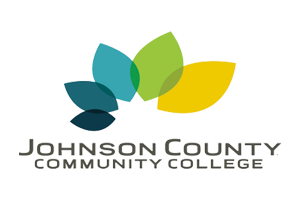
Autism Spectrum Support Club
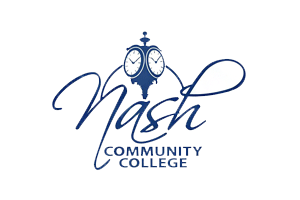
Autistic Self-Advocacy Network Club (ASAN)
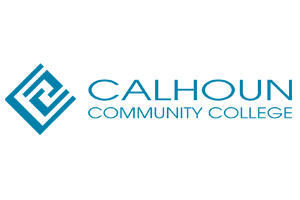
College Autism Spectrum Organization (CASSO)
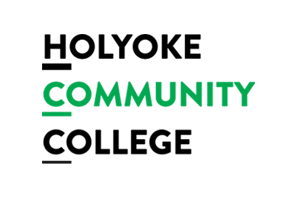
Students on the Autism Spectrum
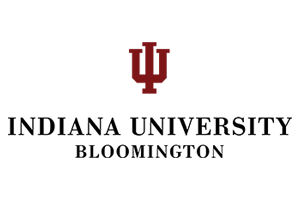
Students on the Spectrum Club (SOS)
Have you started an autism-advocacy club or student group at your institution? Let us know how it went or what additional questions you have in the comments.






